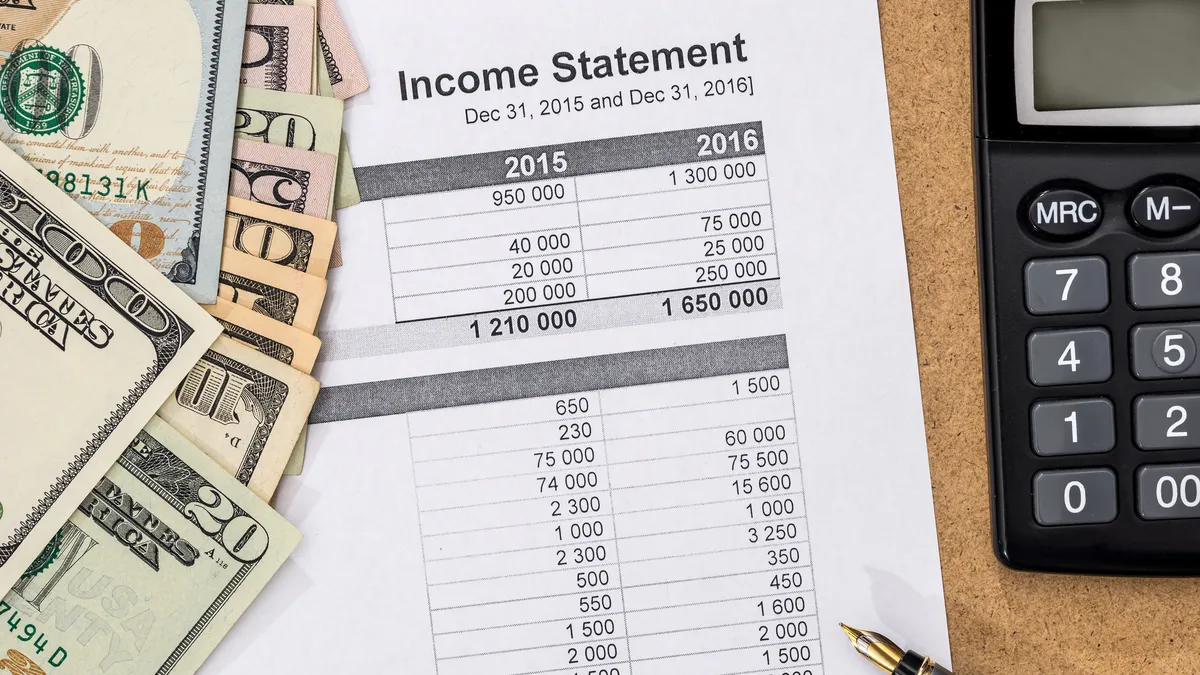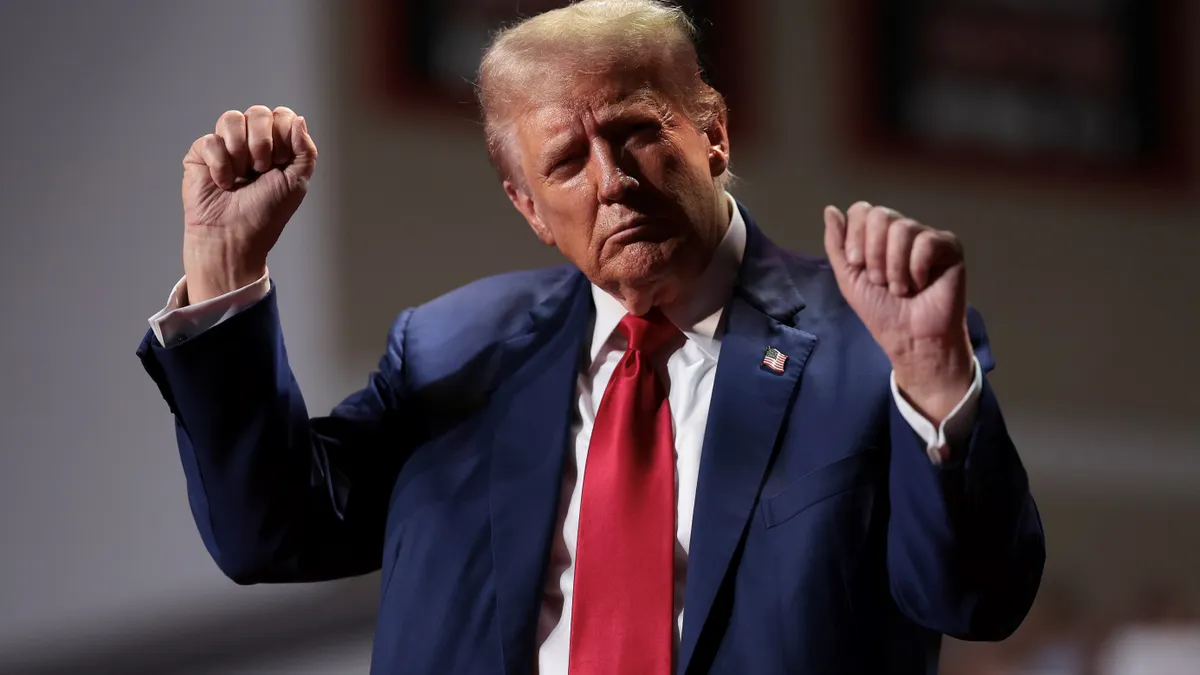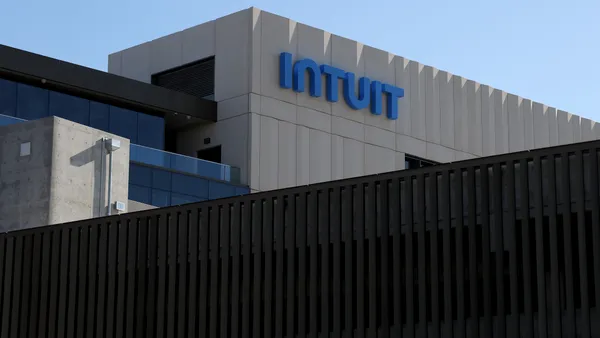With $2 trillion in lost value, it’s no secret that the crypto market is in a slump compared to a gangbusters 2020 and 2021. Brett Harrison, former president of crypto exchange FTX US, said to a crowd in Las Vegas Tuesday that “the decade of free money in the U.S.” is ending.
But like many early adopters, Harrison has lived through several crypto winters — the crypto version of a bear market — and despite a recognition that there’s no more “free money” to be had, Harrison has been forthright about launching a startup in the decentralized finance space.
Harrison, who resigned from FTX US in September but remains an advisor, shared several predictions on where the market’s going next.
Regulatory interest in crypto will increase institutional excitement about crypto.
Crypto is currently regulated as a means of money transfer. Exchanges like Coinbase and FTX are licensed as a money service business under the Financial Crimes Enforcement Network (FinCEN), and they need money transmitter licenses in all 50 states. However, there’s yet to be regulation on cryptocurrency trading from Securities Exchange Commission (SEC) or the Commodity Futures Trading Commission, though draft legislation was recently released.
“Institutional participation is vital to help any market. What we notice in crypto markets is when the prices go down, the volume completely dries up. And that's because so much of the normal institutional money that is traded in stock is just not there. ... And they're not there because of concerns about the health and vitality of markets. As we’ve seen when thinking about how the SEC wants to regulate crypto more, that’s actually making institutions more excited about participating in crypto,” Harrison said.
Crypto will bounce back with the overall market.
The sudden increase in Federal Reserve interest rates have “definitely spooked the markets,” causing a risk-off environment. The last time interest rates were as high as they are now, predates the invention of Bitcoin, the inaugural and now most valuable crypto, by two years.
But, Harrison said, as people get used to the higher interest rate environment, “markets as a whole will stabilize and crypto will be among them.”
Investor adoption is the key to the crypto resurgence.
“What’s very different now in 2022, compared to for example, in 2018, in cryptocurrencies is the unbelievable amounts of venture capital and other institutional capital invested in creating new companies, new businesses, new technologies and using digital assets as the backing,” Harrison said. “I think that that's going to be a leading indicator for resurgence on this industry over the next, let's say, one to four years.”
A “significant amount” of money movement and supply will be in digital assets in the next decade.
“There's a lot of different research and development happening for cryptocurrencies in a variety of different areas that makes me excited. Using cryptocurrencies as a cheap, fast, easy source of moving payments around, moving value around, I think has enormous potential,” Harrison said.
Currently, more than 1 million transactions per day occur on the Ethereum network. When the market peaked in May 2021, that number was a little over 1.7 million per day, but it’s held steady to more than a million per day for every week since Dec. 6, 2020 with the exception of the week of June 26, 2022.
“I do think a significant amount of the movement of money supply and payments are going to move to digital assets over the next 10 years. I feel like it's almost a certainty.”
The market downturn presents a perfect time to build something for when it swings up again.
Harrison, who is “particularly interested in ... trying to get full institutional participation in crypto markets, in [decentralized finance] especially,” said that he feels like this is the best time to start a company—so that’s exactly what he’s doing, though he hasn’t provided more details.
Folks pulling out of crypto right now, he said, “is the exact wrong strategy. It’s like buying high and selling low.”
“Right now, things are slow, markets are down, but there's still all this dry powder from venture capital that could be invested in crypto that it’s the perfect time to go out and build something so that when markets bounce back, you're there ready to serve all the customers who want to participate,” he said.














